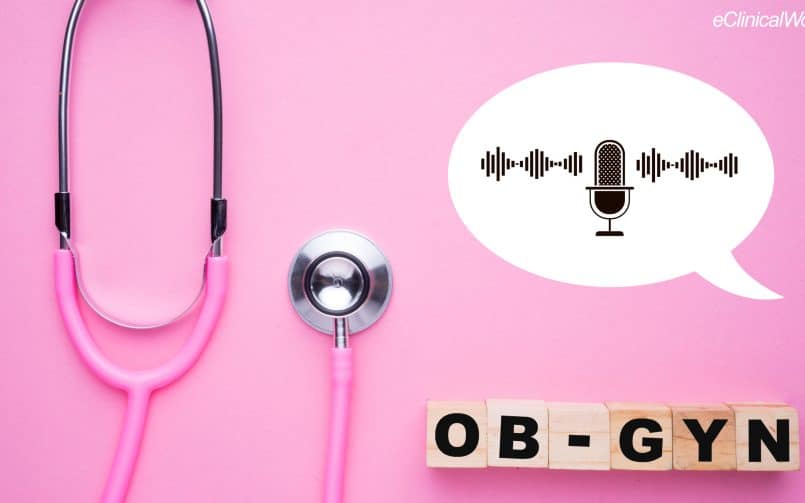AI Medical Scribes

- 10 October, 2024
- blog
Sunoh AI Medical Scribe is Transforming Documentation in Women’s Specialty Clinic
Women's specialty healthcare clinics provide comprehensive care across various stages of a woman's life—from adolescence to menopause. These clinics offer a broad range of services, including obstetrics and gynecology, infertility treatments, menopause care, preventive care, counseling services, lifestyle management, and aesthetic services.
Read Continue
- 24 May, 2024
- blog
Feeling burned out? There’s a tech prescription for that!
While every new physician enjoys the opportunities and challenges of practicing medicine, many doctors soon find themselves among the nearly two-thirds of their profession who regularly report experiencing at least one symptom of burnout. According to an American Medical Association report, that included 62.8 percent of all doctors in the U.S. as of September 2021 — a steady increase over the previous decade. Overworked doctors and their staffs dream about hearing words like “Why don’t you take half a day!” The problem? That usually means taking half a day to complete their documentation. If you’re thinking that this technologically advanced world has to offer a better way to get all that work done, you’re right — they’re called AI medical scribes. Dawn of the AI-powered scribes Humans have been doing medical transcription work for many years. But the remarkable advances in artificial intelligence mean that a new generation of solutions with ambient listening capabilities are now available to complete AI documentation and AI transcription tasks. And most of the time, in most circumstances, these AI-powered scribes are faster, cheaper, and more accurate than even the best humans. They can distinguish accents and multiple speakers and exhibit a high degree of accuracy. AI in primary care practices is particularly important given that these front-line medical practices are in constant high demand and face a long-term shortage of physicians. According to Dr. Joseph Osuagwu, documentation is a widespread issue among providers at his practice, Goodtime Family Care in Baltimore, Maryland. Providers at Goodtime experienced complications with traditional note taking techniques, which were labor-intensive, susceptible to inaccuracies from human mistakes, and frequently interrupted the patient interaction process. On hectic days, capturing the complete HPI and other crucial details was often missed due to a shortage of time.
Read Continue